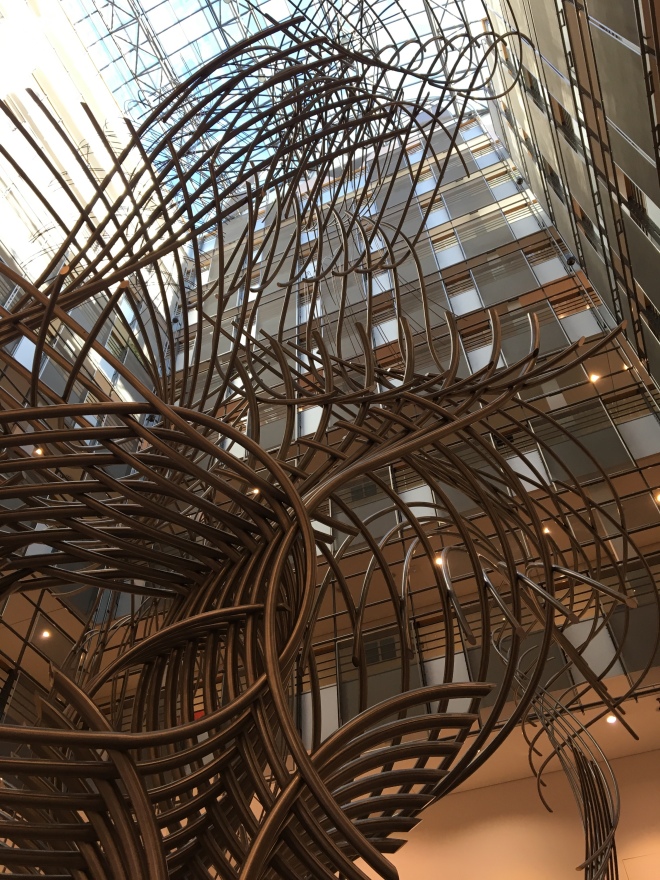As I’m preparing food for thanksgiving, a thought came into my head about food. So many families are gathering today around food. I’m betting that most families will not be having a full on organic meal this year because at Thanksgiving, that really doesn’t matter.
Food brings people together as it did at the beginning of mankind. When a hunt was completed, people gathered together to consume it. We do the very same thing that our ancestors did years ago.
It strikes me as odd that once we leave our tables and get into the political arenas, food is not bringing us together. Whether it is in Europe or the US, a food war is going on. Some shouting that we must only go organic and no one can use pesticides. Politics is adding more regulations on farmers that are not based in scientific evidence but rather on feel good rules. Imported activism is keeping developing world farmers from improved plants also. In the end, our ability access food becomes hindered when science is pushed aside in favor of emotion-based regulations.
Most of us will have an abundance of food to enjoy today because of science and technology that few will ever see to appreciate. Everything we eat, whether it is organic or conventional, has been grown with science. Even the recipes we consume has precise measurements for taste and satisfaction in each recipe. Science is everywhere but so easily rejected by the non-farmer.
If only politics of food could start at the Thanksgiving table where we call all share in the effort of a great meal. If everyone stopped to think about the food on that table, we may be able to find a common ground to move forward upon. Sadly, the food wars take place in a sanitized room far from a farm and after well-fed people who are out of touch with the reality of farming.
This Thanksgiving, truly think about that food when you eat it and know that someone worked very hard to get it there.


